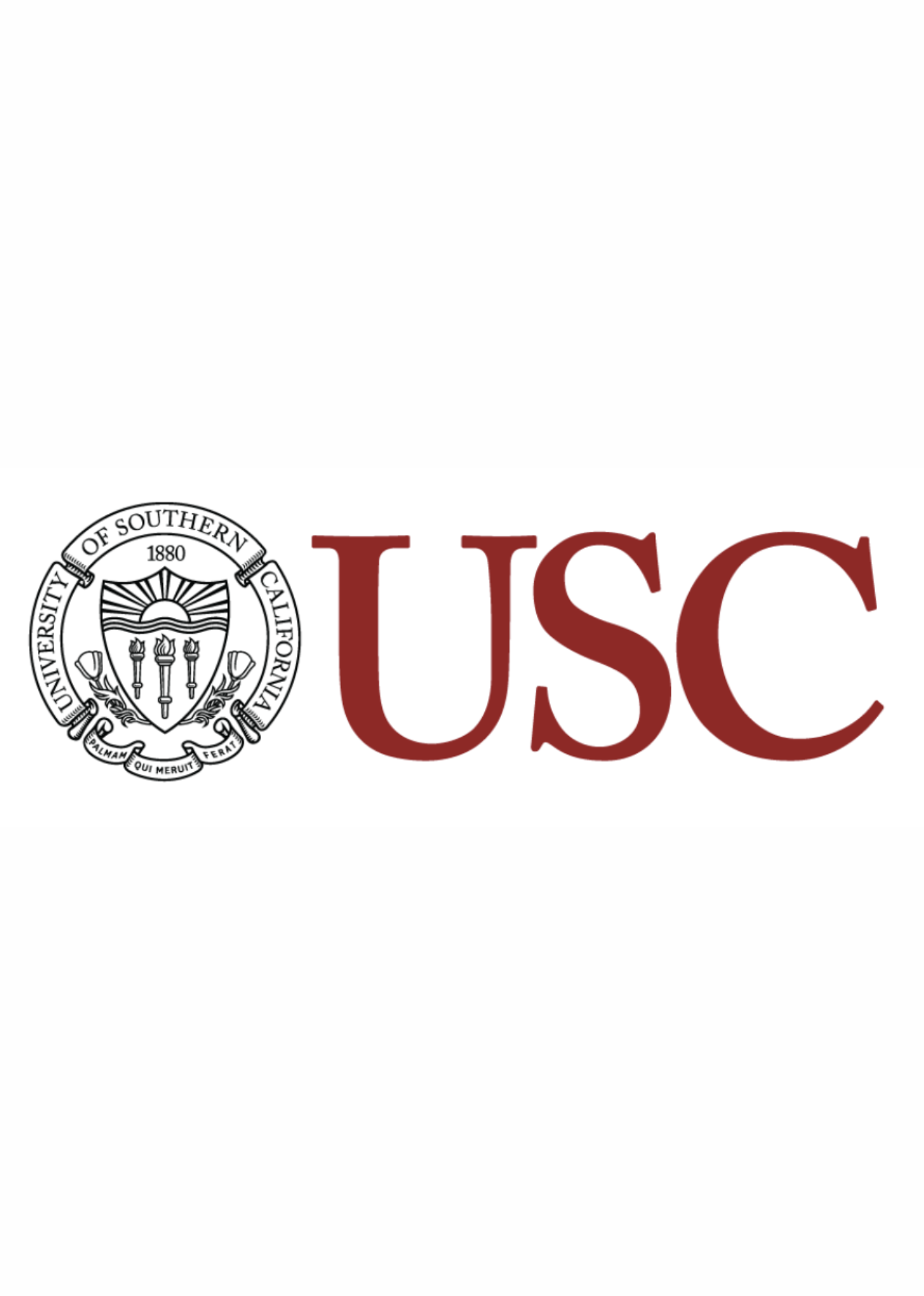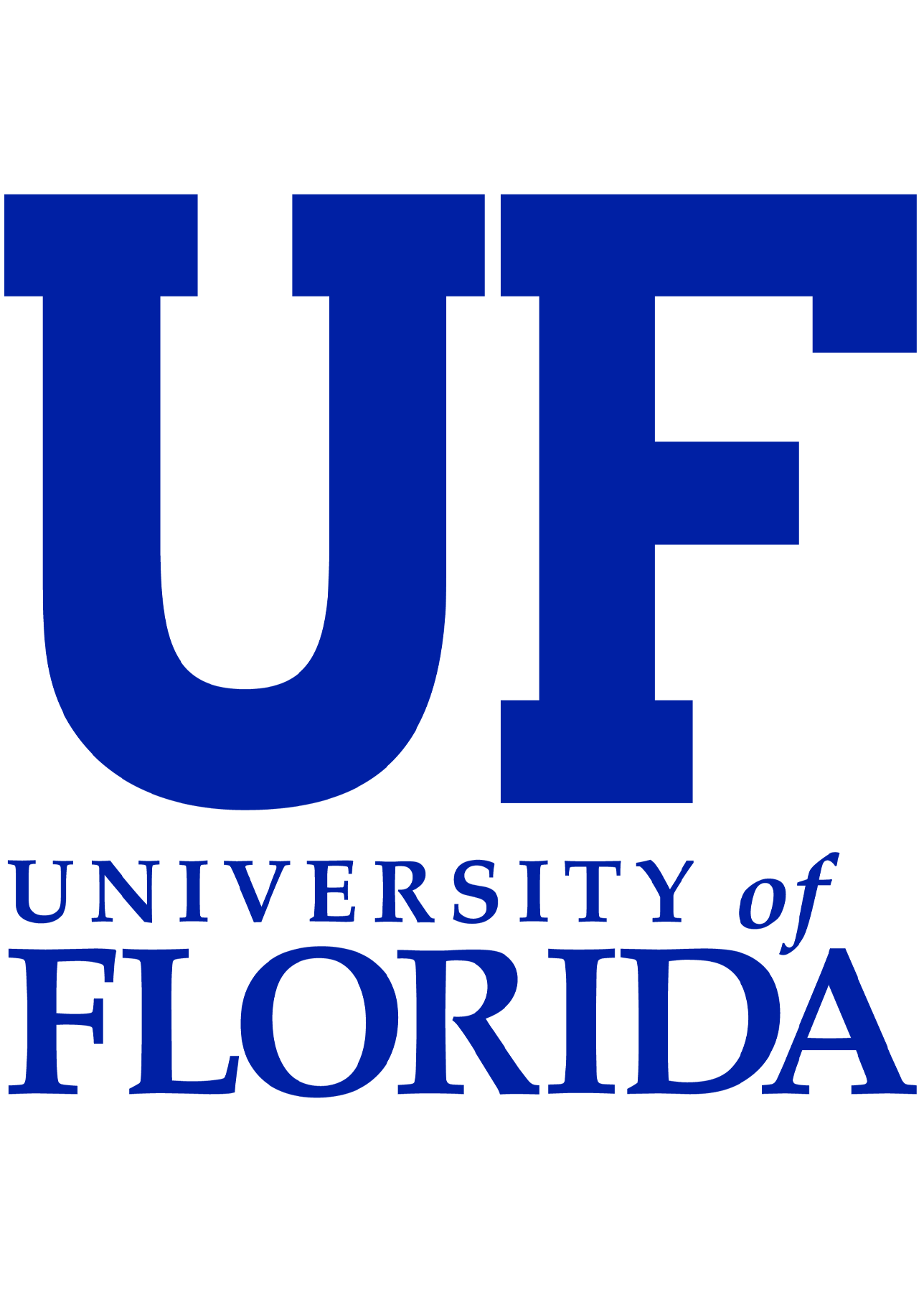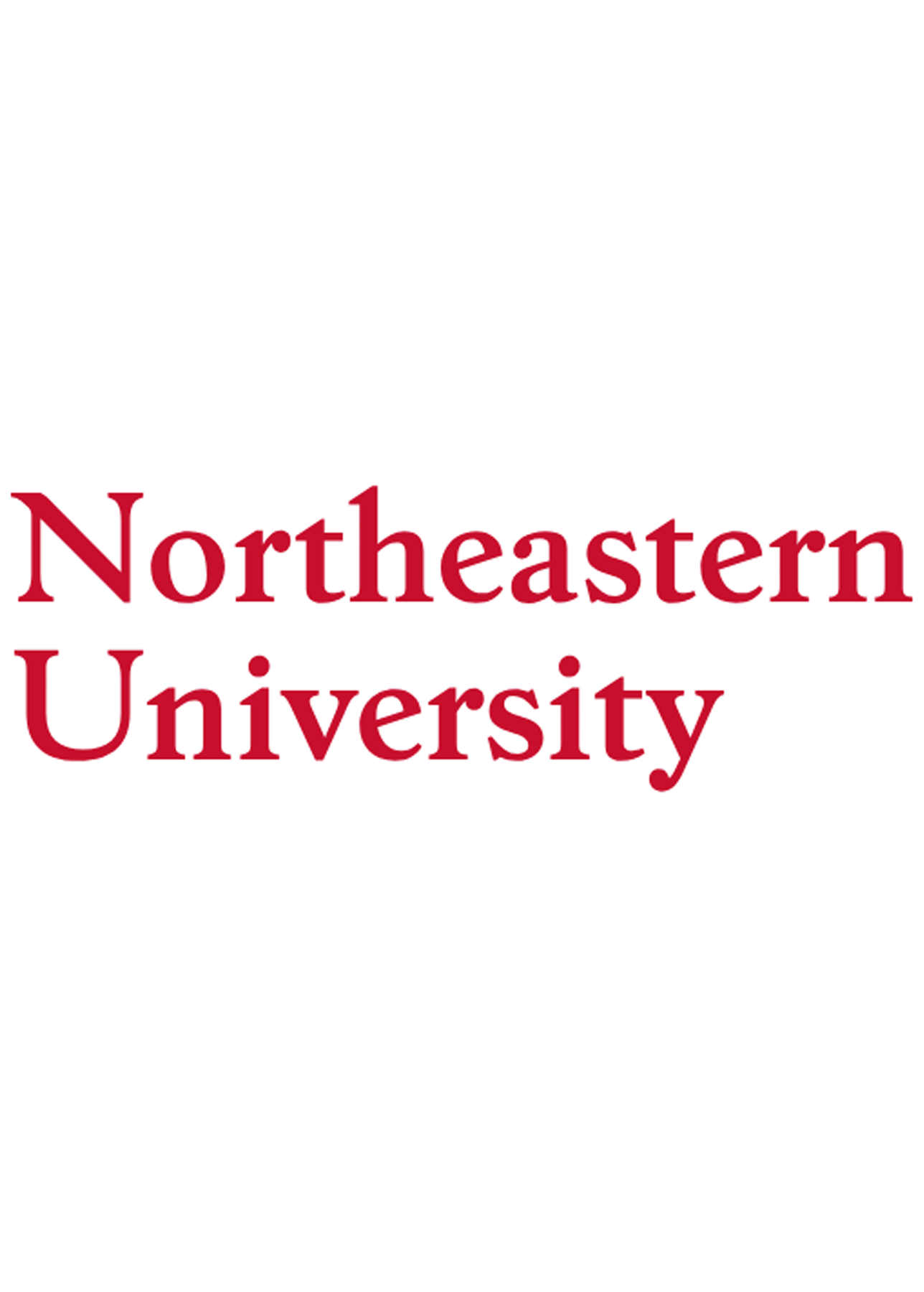In today’s digital world, a master’s in communications can lead to several rewarding career paths, including dynamic roles in media, business, healthcare, and more. In particular, public relations and fundraising managers are expected to be in significant demand over the next decade, and they earn over $110,000 per year on average.
As with any degree, it’s essential to consider the financial investment. The average tuition cost for graduate degree programs is $20,513 per year. While completion times vary, many students earn their degrees within 18 months to two years.
We enlisted the expertise of Blanca Villagomez, program counselor and coordinator at UC-Irvine. She explains what students should know when considering a degree program and offers tips on the application and financial aid process.
Why Trust Us
The Intelligent.com Higher Education Team is dedicated to providing students with independent, equitable school and program rankings and well-researched resources. Our expert-driven articles cover topics related to online colleges and programs, paying for school, and career outlooks. We use data from the U.S. Department of Education’s College Scorecard, the National Center for Education Statistics, and other reputable educational and professional organizations. Our academic advisory team reviews content and verifies accuracy throughout the year for the most current information. Partnerships do not influence rankings or editorial decisions.
- Analyzed over 2,000 national, accredited, and nonprofit colleges and universities
- 800+ rankings pages are reviewed and updated yearly
- Content is informed by reputable sources, surveys, and interviews with academic advisors and other experts
- Over 100 data points are reviewed for accuracy and quality throughout the year, including sources
How we rank schools
Our list features the best online Communications degree programs at top colleges nationwide. Each school featured is a nonprofit, accredited institution — either public or private — with a high standard of academic quality for post-secondary institutions.
We evaluated each school’s program on tuition costs, admission, retention and graduation rates, faculty, reputation, and the student resources provided for online students. We collected data from trusted sources like the National Center for Education Statistics, individual school and program websites, school admissions counselors, and other data sources. Then, we calculated the Intelligent Score on a scale of 0 to 100 based on the following criterion:
Academic Quality:
- Admission rate versus enrollment rate
- Retention rate of students who return after year one
- Accreditation status (regional and programmatic)
- Nonprofit status, both private and public institutions
Graduation Rate
- Overall graduation rate
- Total number of currently enrolled students, including diversity metrics
- Student-to-faculty ratio
Cost and ROI
- In-state and out-of-state per-credit tuition rates and fees
- Required credits to graduate
- Earning potential after graduation
- Availability of federal student loans, scholarships, and other financial aid options
Student Resources
- Available student services for online-only and hybrid programs
- On-campus amenities like tutoring centers and the number of libraries
Read more about our ranking methodology.
Best 47 Accredited Online Master’s in Communications Degree Programs
FiltersInstitution Type
Status
- Intelligent Score
- Alphabetically By University Name
- Acceptance Rate
- Enrollment
- In-state Graduate Tuition
- Out-of-state Graduate Tuition
- In-state Undergraduate Tuition
- Out-of-state Undergraduate Tuition

Johns Hopkins University
Intelligent Score: 99.79In-state: $54,160
Out-of-state: $54,160
In-state: $57,010
Out-of-state: $57,010
SAT: 1470-1560
ACT: 34-36
$1,673
Online, On-Campus
Middle States Commission on Higher Education
30

Purdue University
Intelligent Score: 99.39In-state: $9,208
Out-of-state: $28,010
In-state: $9,208
Out-of-state: $9,208
SAT: 1170-1420
ACT: 25-33
In-State: $520
Out-of-State: $820
Online, On-Campus
Higher Learning Commission
30

University of Southern California
Intelligent Score: 99.31In-state: $59,260
Out-of-state: $59,260
In-state: $47,880
Out-of-state: $47,880
SAT: 1340-1530
ACT: 30-34
$2,244
Online
WASC Senior College and University Commission
32

University of Illinois at Urbana - Champaign
Intelligent Score: 98.1In-state: $14,317
Out-of-state: $33,824
In-state: $15,016
Out-of-state: $15,016
SAT: 1200-1460
ACT: 27-33
$940
Online
Higher Learning Commission
32

West Virginia University
Intelligent Score: 98.02In-state: $8,976
Out-of-state: $25,320
In-state: $10,134
Out-of-state: $10,134
SAT: 1030-1230
ACT: 21-27
$676
Online
Higher Learning Commission
30

Arizona State University
Intelligent Score: 97.85In-state: $10,710
Out-of-state: $28,800
In-state: $11,720
Out-of-state: $11,720
SAT: 1100-1320
ACT: 21-28
$706
Online
Higher Learning Commission
30

Northwestern University
Intelligent Score: 97.03In-state: $58,227
Out-of-state: $58,227
In-state: $56,067
Out-of-state: $56,067
SAT: 1430-1550
ACT: 33-35
$1,688
Online, On-Campus
Higher Learning Commission
48

University of Florida
Intelligent Score: 96.25In-state: $4,477
Out-of-state: $25,694
In-state: $10,770
Out-of-state: $10,770
SAT: 1290-1460
ACT: 29-33
$886
Online
Southern Association of Colleges and Schools Commission on Colleges
36

Florida International University
Intelligent Score: 96.09In-state: $4,721
Out-of-state: $16,529
In-state: $8,912
Out-of-state: $8,912
SAT: 1110-1260
ACT: 23-29
$833
Online
Southern Association of Colleges and Schools Commission on Colleges
30

Northeastern University
Intelligent Score: 95.73In-state: $54,360
Out-of-state: $54,360
In-state: $25,264
Out-of-state: $25,264
SAT: 1410-1540
ACT: 33-35
$850
Online, On-Campus
New England Commission of Higher Education
45

Ohio University
Intelligent Score: 95.4In-state: $27,574
Out-of-state: $38,254
In-state: $18,138
Out-of-state: $18,138
SAT: 1070-1290
ACT: 22-27
Resident: $528
Non-Resident: $547
Online
Higher Learning Commission
30

American University
Intelligent Score: 94.13In-state: $50,542
Out-of-state: $50,542
In-state: $34,533
Out-of-state: $34,533
SAT: 1220-1390
ACT: 27-32
$1,922
Online
Middle States Commission on Higher Education
30

Syracuse University
Intelligent Score: 93.89In-state: $53,432
Out-of-state: $53,432
In-state: $40,392
Out-of-state: $40,392
SAT: N/A
ACT: N/A
$1,872
Online
The Association for Education in Journalism and Mass Communication
33-36

Arkansas State University
Intelligent Score: 93.41In-state: $5,232
Out-of-state: $10,800
In-state: $4,986
Out-of-state: $4,986
SAT: 1000-1220
ACT: 20-26
$340
Online
Higher Learning Commission
30

Marist College
Intelligent Score: 91.85In-state: $39,925
Out-of-state: $39,925
In-state: $15,300
Out-of-state: $15,300
SAT: N/A
ACT: N/A
$920
Online
Middle States Commission on Higher Education
30

Webster University
Intelligent Score: 91.77In-state: $28,500
Out-of-state: $28,500
In-state: $13,500
Out-of-state: $13,500
SAT: 1078-1260
ACT: 20-27
$730
Online, On-Campus
Higher Learning Commission
36

Mississippi College
Intelligent Score: 89.2In-state: $18,200
Out-of-state: $18,200
In-state: $11,610
Out-of-state: $11,610
SAT: 1140-1260
ACT: 21-29
$750
Online
Southern Association of Colleges and Schools Commission on Colleges
32

University of Louisiana Monroe
Intelligent Score: 88.21In-state: $5,407
Out-of-state: $19,135
In-state: $5,511
Out-of-state: $5,511
SAT: 1000-1210
ACT: 20-26
$500
Online
Southern Association of Colleges and Schools Commission on Colleges
33
How to Choose an Online Master’s in Communications Degree Program
Choose your area of study
This degree is typically offered as a Master of Arts (MA). Many programs will allow you to select a concentration and focus your studies on a particular niche in this field. If you already know what you would like to do after you graduate, look for programs that closely match these career goals.
“I encourage students to start by reflecting on their academic interests, career goals, and the types of learning environments they thrive in to identify the best programs for them,” says Villagomez. “Understanding these academic interests can help students choose a major and co-curricular activities. I also encourage students to reflect on what goals they want to accomplish during college, even if they’re general and not clearly defined at this stage.”
Some communications concentrations, such as healthcare, advertising, and human resources, are known for lucrative job opportunities and strong growth potential. On the other hand, fields like broadcast reporting are experiencing declining demand, making it essential to consider current industry trends carefully while making this decision.
Research schools and programs
You should only apply to institutions that have been approved by a DOE-recognized regional accrediting organization, such as the New England Commission of Higher Education or Northwest Commission on Colleges and Universities. These organizations evaluate schools to ensure they provide students with a high-quality education. Those who attend a school that isn’t regionally accredited may be unable to access financial aid or transfer credits to another institution if needed.
To guide your research further, consider asking the following questions:
- What is the program’s curriculum structure and course flexibility?
- Are there opportunities for networking or internships?
- What are the faculty credentials and experience in the field?
- How is student support provided in the online learning environment?
- What technological platforms are used for course delivery?
To learn more about any schools that you’re interested in, you can visit the school’s website, contact an admissions counselor, follow the school on social media, or attend an in-person or virtual open house.
Prepare for tests and applications
Now that you have a list of preferred schools, prioritizing preparation for applications and tests is essential.
Begin by requesting transcripts and securing strong letters of recommendation from mentors who can speak to your strengths and aptitude for graduate-level coursework. Next, focus on standardized test preparation, enrolling in a test prep program if necessary to help boost your scores. Simultaneously, draft your personal statement, highlighting your academic and professional goals. If required, you may need to revise your resume to illustrate relevant experience and achievements.
“Colleges are interested in admitting students who can demonstrate their potential to succeed, overcome challenges, and handle academically rigorous classes,” says Villagomez. “I recommend students meet with their school counselors to receive guidance on which coursework can best prepare them to become competitive candidates. Participating in clubs, sports, and community service projects can also help students develop valuable skills like leadership, teamwork, and communication.”
Application requirements vary by school and program, so you should always contact an admissions counselor to ensure you have the most accurate information regarding requirements and deadlines.
Select your program
Before making your final decision, review your needs and goals again. Do you plan to attend school full-time or part-time? Do you want your program to be as online as possible, or are you fine with a hybrid program that has a fair amount of in-person requirements? Some programs offer asynchronous courses, which can be completed at your own pace, while others only offer synchronous courses, which involve remotely attending lectures and completing assignments at the same time as other students — which of these two online learning formats do you prefer? Your school should accommodate your scheduling needs and learning preferences.
Determine how you’ll pay for your degree
For many students, the cost of attaining higher education can make it seem unattainable. However, it’s important to remember that there are many financial aid resources to help you achieve your academic goals without incurring a substantial debt burden.
Begin by exploring scholarships and grants, which don’t require repayment and are often merit or need-based. Next, consider federal loans, which offer lower interest rates and more flexible repayment options for eligible students than private loans. Submit the Free Application for Federal Student Aid (FAFSA) each academic year to determine your eligibility for federal assistance.
“Consult with a financial aid counselor to assess your eligibility for various types of aid,” recommends Villagomez. “You’ll need to submit the Free Application for Federal Student Aid (FAFSA) for most need-based financial aid. Be sure to complete and submit this application and any others well ahead of deadlines to ensure your information is reviewed promptly.”
Work-study programs provide an opportunity to earn income while gaining experience related to your field. If you’re currently employed, ask your employer if they offer a tuition reimbursement program — which can cover some or all of your tuition if you meet specific requirements.
Finally, be sure to speak to financial aid counselors at the schools you’re interested in for the most accurate and specific information about program cost.
What Can You Expect From an Online Master’s in Communications Program?
Through an online master’s degree in communications, you’ll develop a comprehensive understanding of contemporary communication theories, practices, and strategies. Students delve into strategic communication, digital marketing, public relations, and organizational communication during these programs. Emerging trends — like social media analytics, crisis communication, and global communication strategies — are often featured in curricula.
The coursework in most programs is available entirely online, though many include hands-on projects, virtual simulations, and real-world case studies that bridge theory with practical application. This flexible online format is excellent for working professionals or those with other significant responsibilities, as it allows students to balance their commitments with their academic pursuits more easily.
Completing an online graduate degree in communications requires 18 months to two years of full-time study, though some programs offer accelerated options.
Potential courses you’ll take in an online master’s in communications program
- Digital Media Strategies: This course focuses on the principles and practices of digital media in a communication context. Students explore content creation, social media management, and digital storytelling, equipping them with skills to craft compelling campaigns in today’s digital landscape.
- Strategic Communication Planning: In this course, students develop comprehensive communication strategies tailored to organizational objectives. They delve into audience analysis, message framing, and campaign evaluation, gaining expertise in creating impactful communication plans for diverse audiences and platforms.
- Global Communication Trends: This course examines the evolving trends and challenges in global communication. Students explore cultural nuances and international public relations practices, enabling them to navigate cross-cultural communication scenarios and develop strategies for global outreach.
- Media Ethics and Law: In this course, students explore the ethical and legal considerations shaping communication practices. They examine topics such as freedom of expression, privacy laws, and ethical decision-making in media contexts, ensuring they navigate communication challenges responsibly and ethically.
What Can You Do With an Online Master’s in Communications Degree?
Career outlook
A master’s degree in communications opens diverse career paths in today’s dynamic professional landscape. These professionals find opportunities in various industries, including corporate communications, public relations, media, marketing, healthcare, government, and nonprofit organizations. Their versatile skills in strategic communication and media management make them valuable assets in many different settings.
Here are some possible positions for individuals with a master’s degree in communications:
- Public relations or fundraising manager — Public relations managers direct the creation of materials that will enhance the image of their clients, while fundraising managers write grants and direct other efforts to raise money.
- Median annual salary: $130,480
- Projected employment growth (through 2032): 6%
- New job openings projected: 7,800 annually
- Advertising, promotions, or marketing manager — Conduct market research, plan advertising and promotional campaigns, and supervise marketing staff.
- Median annual salary: $156,580
- Projected employment growth (through 2032): 6%
- New job openings projected: 34,000 annually
- Writer or author — Develop novels, screenplays, advertisements, and other pieces of writing.
- Median annual salary: $73,690
- Projected employment growth (through 2032): 4%
- New job openings projected: 15,500 annually
Online Master’s in Communications Degree Frequently Asked Questions
How do I apply to an online master’s in communications degree program?
To apply for an online master’s in communication degree program, you must submit specific documents and meet particular criteria — which may vary depending on the institution. Standard admissions requirements include:
- A completed undergraduate degree from an accredited institution
- Official transcripts from all previously attended institutions
- A statement of purpose or personal statement
- Letters of recommendation from academic or professional references
- A resume detailing relevant work experience
- Standardized test scores
Before applying, it’s essential to consult with an admissions counselor. They can provide valuable insights into program specifics, help tailor your application, and address any concerns.
How much does an online master’s in communications degree cost?
The average annual tuition for graduate degree programs is $12,596 at public colleges and $28,017 at private institutions. However, this figure can vary significantly depending on the institution.
It’s also important to note that online students often encounter specific costs like technology fees, online course materials, and virtual proctoring fees.
How long does it take to earn an online master’s in communications degree?
For full-time students, earning an online master’s in communications takes 18 months to two years. However, completion times can differ from on-campus programs due to factors like part-time enrollment, which is popular among online students. Additionally, the number of required credits can impact the length of study. While the flexibility of online learning allows for varying pacing, factors such as course availability and personal scheduling preferences can influence the overall time to degree completion.
Is an online master's in communications degree worth it?
An online master’s in communications can be a worthwhile investment, offering a range of benefits. The program provides advanced knowledge in strategic communication, media management, and digital marketing.
Graduates may find a robust job market, as many positions in the communications field are growing faster than the economy in general. For example, the need for advertising, promotions, and marketing managers is expected to grow by 6% in the next decade. These professionals earn a median salary of $156,580 per year.
The flexibility of an online format allows professionals to enhance their expertise without disrupting their careers. Many programs offer asynchronous courses, which can be taken at a time that’s convenient for the student in any location that offers wi-fi access. The networking opportunities provided in these programs facilitate connections with industry experts and peers globally.
Read More about Online Master’s in Communications Degrees
Compare School Options
Related Degrees
- Human Services
- Library Science
- Liberal Arts
- Creative Writing
- Media Communication
- Anthropology
- English Language Learning
- English
- Political Science
- Writing


